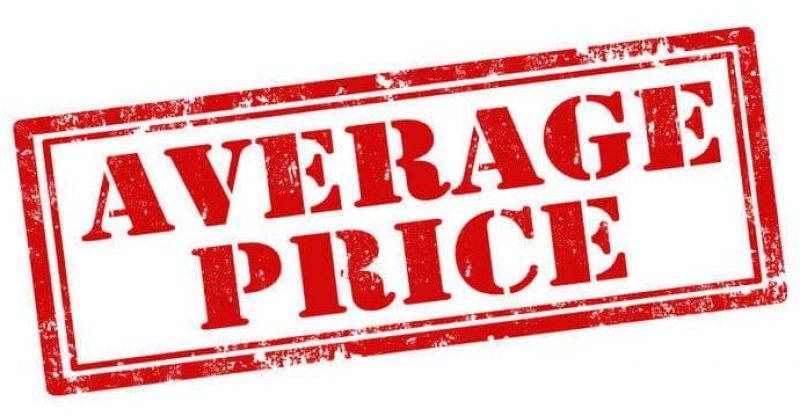Average House Prices in Canada
Locally one of the main attractions of a move in Canada for most people had been the cost of housing compared to their current locations. This particular attraction has faded in recent years because the strength of the Canadian dollars means new arrivals have less buying power than they did in previous years. House costs in Canada are still on the rise while house costs in other countries are either reducing or still the same. In major cities around Canada, prices seem to be higher than in surrounding towns and rural areas. Canada’s highest house prices are found in Toronto, Vancouver, Ontario etc. where the country mildest weather are found and vice versa for the rural areas. Intense weather or remoteness from major markets usually results in low house prices.
Another factor propelling the price of houses in Canada are infrastructures situated around the houses e.g. a house located near the Niagara falls is set to be more expensive than one located in the rural suburbs in Manitoba or prince Edward island. In the year 2007 prices in booming Alberta rose above prices in Ontario for the first time and the same event occurred in Calgary where prices of houses were higher than in Toronto. But in 2011 the reverse was the case as prices became higher in Toronto and Ontario than in Calgary and Alberta. House prices in Canada were normal in 2011 and 2012 partly due to the fact that strict mortgages rules were introduced at the time. In 2013 and 2014 house prices rose steadily in Toronto and Vancouver. In 2015 and 2016 house prices in major cities across rose at a fast rate above the national average while in rural areas and suburbs around this major cities like prince Edward island and Manitoba, prices of houses are either remaining the same or reducing in price.





